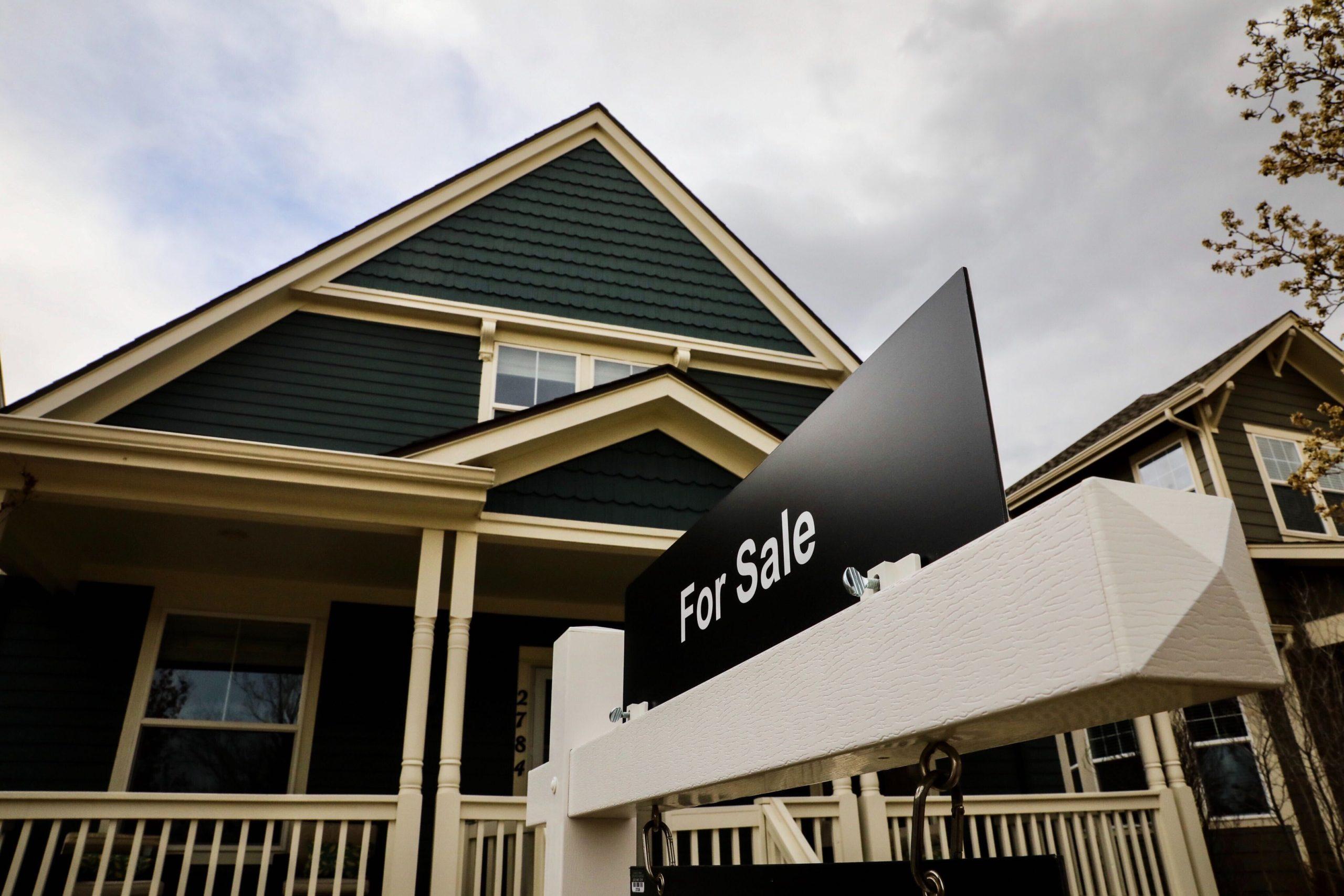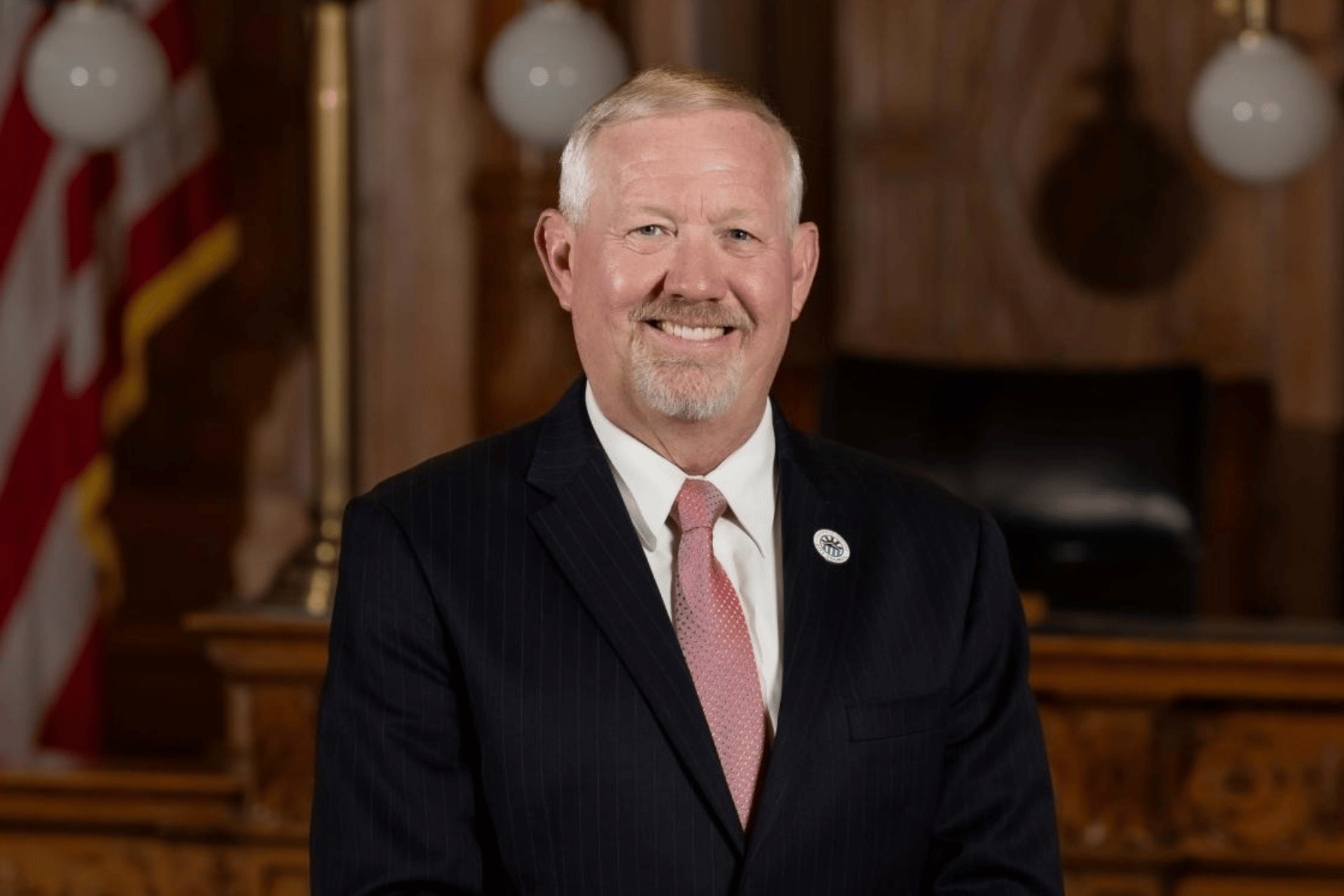
Aaron Rath has a new ritual as he prepares to inspect a home: He straps a GoPro camera to his baseball cap.
Rath, an inspector with Home Systems Data Inc., livestreams what he sees on Facebook for homebuyers who want to shadow his work. His hands need to be free to check the wiring, run faucets and examine foundations.
“With the GoPro, whatever I’m looking at and wherever I turn my head, they’re actually seeing what I’m looking at through the whole house,” Rath said.
It works well, as long as there is good cell service, he said.
The new coronavirus outbreak is changing the way people buy and sell homes. Real estate transactions are deemed an essential service under the stay-at-home order enacted by Gov. Jared Polis in March, but social distancing requirements have upended the process at every step. From the open house to the closing table, the entire process has to adapt.
Jon Klinowski with Denver-based Majestic Appraisals said the dislocation in the market is similar to what he saw in 2008 and 2009. His team emphasizes that their estimates during the crisis are not an indicator of future value.
“This is the value today,” Klinowski said. “That doesn’t mean it’s going to be the value tomorrow.”
Lenders have indicated they are more open to exterior-only appraisals in response to COVID-19, according to Klinowski. That means the estimate would be obtained using data analysis and what can be observed from the street.
While not unheard of, it’s unusual, he said. In 20 years in the business, Klinowski has conducted three appraisals without entering the house — twice for safety reasons when properties were being condemned, and once due to a hostile occupant.
In the second week of April, Colorado’s Department of Regulatory Agencies banned in-person marketing, dealing a significant blow to an industry already reeling from the impact of social distancing, according to Kelly Moye, a realtor with RE/Max Alliance and a spokesperson for the Colorado Association of Realtors. A record 761 homeowners withdrew their properties from the market in March, according to the Denver Metro Association of Realtors.
Polis noted during a press conference on Monday that real estate transactions still happen every day. He added that allowing buyers to tour homes is a critical step in reopening the economy, and said that the state will lift the restriction on walkthroughs as soon as it’s safe to do so.
Al Araiza, who recently relocated from Scottsdale, Arizona, for a job in security at Google, was ready to buy a home in Boulder in the spring. Now those plans are on hold. Araiza agreed to take a virtual tour on Zoom with the owner conducting the showing on his iPad. It’s not the same as physically walking through a house and trying to guess where your furniture goes, Araiza said, but it seemed worth trying.
He wouldn’t do it again.
“He was walking around and the camera bounces and it’s very distracting,” Mr. Araiza said. “It’s a tough way to show a house.”
Sellers would likely be seeing a decline in traffic even without the explicit restriction on showings. Brokers started using FaceTime and other tools to cut down on live interactions in March as sellers balked at having strangers walking through their homes.
Some intrepid sellers are holding out hope — for now. Terrie Clark put her five-bedroom house in Superior on the market at the end of March. The home has garnered a decent amount of interest on websites like Zillow, she said. There is a virtual tour available online for interested buyers. Still, not a single person has asked to tour the house in-person.
“Our timing, in terms of putting it on the market, could not have been worse,” she said.
Clark, a ski patroller and wilderness first responder, and her husband, Alan Lembitz, a doctor, will probably keep the house on the market for another 10 days. If nothing changes, they’ll pull the listing and try again when the pandemic passes.
The couple is open to a tour via FaceTime for a qualified buyer, but don’t want to waste their time if the candidate doesn’t seem serious. The couple is fortunate in that they haven’t yet found another home to purchase, and can afford to wait out the uncertainty, she said.
Homeowners that do need to sell have become more receptive to buyer demands, according to realtor Milford Adams with Lyons Realty Group. For example, during a recent transaction in the Highlands Ranch area of Denver, the seller agreed to pay to replace rusted window wells, a roughly $10,000 expense, Adams said. Previously, most sellers in Denver’s booming housing market would refuse to foot the bill for such a costly item unless something was broken, he said.
It’s too soon for the most recent guidance on real estate showings to appear in the data, but it is almost certain to have a chilling impact. Home prices in Colorado have surged for the better part of the past decade, setting records and pricing many buyers out of the most expensive markets, according to DMAR.
Still, “most people are not going to buy a home on a virtual tool,” Adams said.
Despite the drawbacks, some buyers are willing to take the risk. Amber and Eric Navarro are closing on a house in south Denver next week. The couple is relocating from Utah for Navarro’s job at the software company Adobe. They had planned to fly to Denver to meet their agent but decided to proceed with their search remotely due to COVID-19.
The agent narrated a FaceTime walkthrough, feeding them details on things like countertops and flooring.
The Navarros don’t need to be in Denver for the closing, though the sellers will be signing documents using a drive-through setup. Still, the new homeowners will miss out on that small human interaction, where buyer and seller exchange details like garbage-pickup day and who to call to get the gutters cleaned.
“I was reflecting on a previous home purchase that we had made several years ago, and we kind of did that, where they gave us the mail key and things like that,” Navarro said.
He plans to ask his agent for the seller’s contact information.









